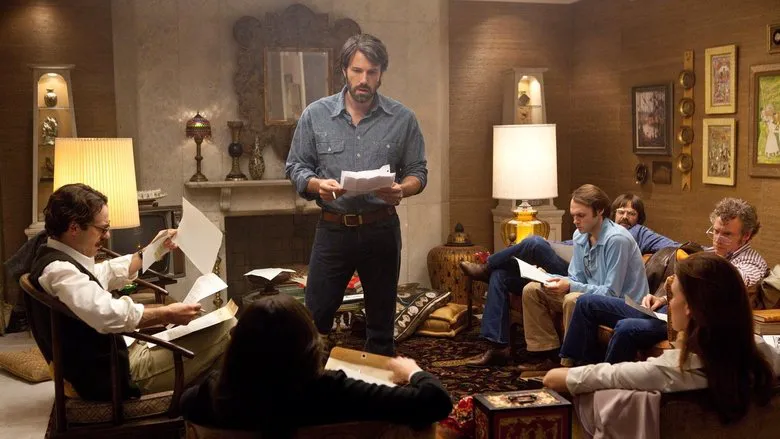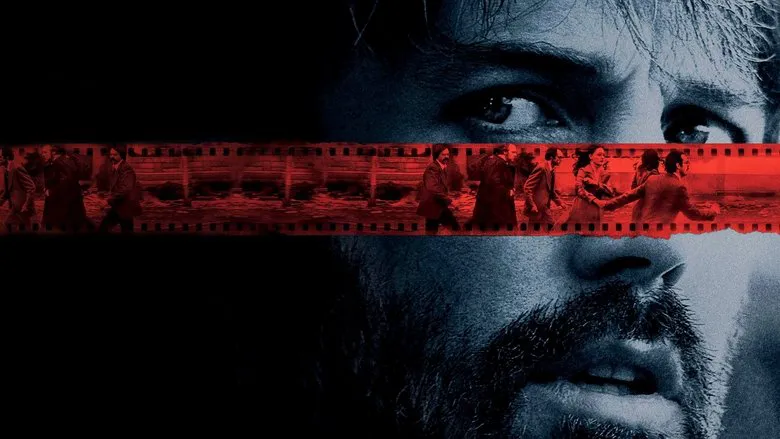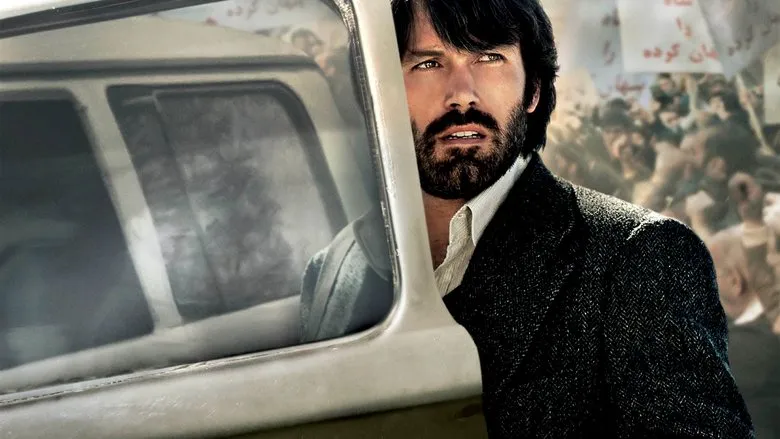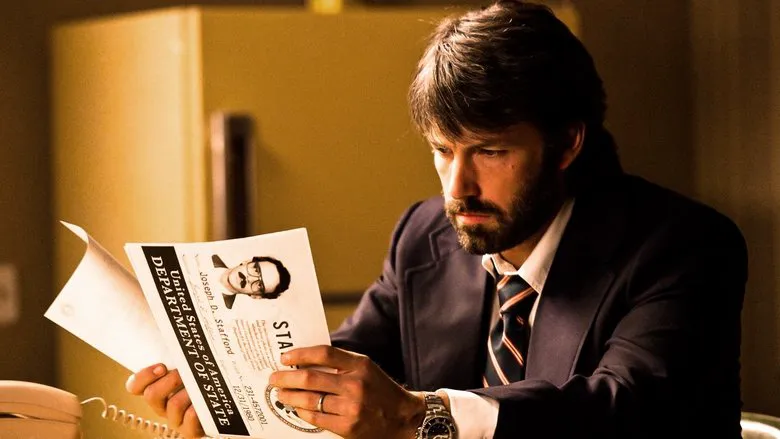Argo: A Thrilling Rescue Mission Disguised as a Hollywood Blockbuster
Fall, 1979. Amidst the chaos of the Iranian Revolution, a mob storms the American embassy in Tehran, taking its staff hostage. In a stroke of luck, six Americans manage to escape, finding refuge in the residence of the Canadian ambassador. With their capture and execution looming, the CIA hatches an audacious and improbable plan: to extract the diplomats by posing them as a Canadian film crew scouting locations for a fictional science fiction film.

It’s safe to say that Ben Affleck has solidified his reputation as a remarkable director. Comparisons to Clint Eastwood and George Clooney (who was initially slated to direct but ultimately served as a producer) have become commonplace. However, with “Argo,” Affleck ascends to a new level, silencing even the few critics who accused him of self-indulgence after “The Town.” He takes on the lead role, but it’s far from a glamorous one.

A true intelligence operative doesn’t need flashy traits or memorable monologues; their actions speak volumes. Affleck’s understated character, a man grappling with alcoholism and a failing marriage, spends two hours poring over documents, gazing out windows, and forcing smiles at passport officials. Agent Tony Mendez is, above all, a professional stickler, and that’s precisely what makes him a master of his craft (much like Gary Oldman’s character in Tomas Alfredson’s “Tinker Tailor Soldier Spy”). The supporting cast provides the heart and soul of the film: John Goodman as the real-life, Oscar-winning makeup artist John Chambers, Alan Arkin as a fictional, cynical Hollywood producer, Bryan Cranston as a fiery CIA bureau chief, and the majority of the endangered diplomats.

A Tense Interplay of Three Worlds
“Argo” masterfully interweaves three distinct settings. We are constantly transported from the claustrophobic hell of Tehran, where a handful of people listen to every rustle in the courtyard, to the mundane office life of Langley, and finally to the hilarious absurdities of Hollywood. As a result, a spy thriller morphs into a bureaucratic drama and then a film production satire. At the crucial moment, all three elements must converge for the plan to succeed, transforming the film into a high-stakes heist movie, but with the grim reality that failure would mean certain death for the “crew.” Throughout the film, supporting characters casually deliver brilliant one-liners (the best being the observation that the Russians would never tolerate such treatment of their embassy and would immediately send in troops), while the screen is filled with eccentric characters ranging from a minotaur to an amazon.

Timely and Relevant
The public burning of American flags in the Middle East has never truly gone out of style, but in the wake of the Arab Spring and the recent assassination of the US ambassador in Syria, “Argo” feels more relevant than even the best of Michael Moore’s films. A less skilled director than Affleck might have succumbed to jingoistic patriotism, but he manages to win over international audiences from the outset by stating in the opening credits that the US and UK’s oil machinations are to blame for Iran’s troubles.
This cleverly balances the film, where the “good guys” sip whiskey and dream of returning home, while the “bad guys” with their animalistic fury shout about Islamic morality and mass executions. Ultimately, audience sympathies will inevitably lie with the West, if only because hanging people from construction cranes is simply wrong.